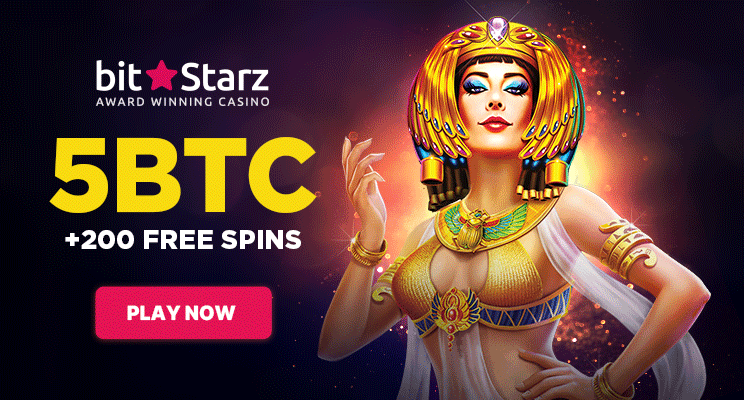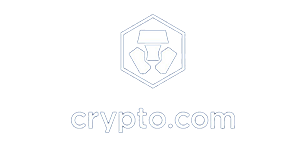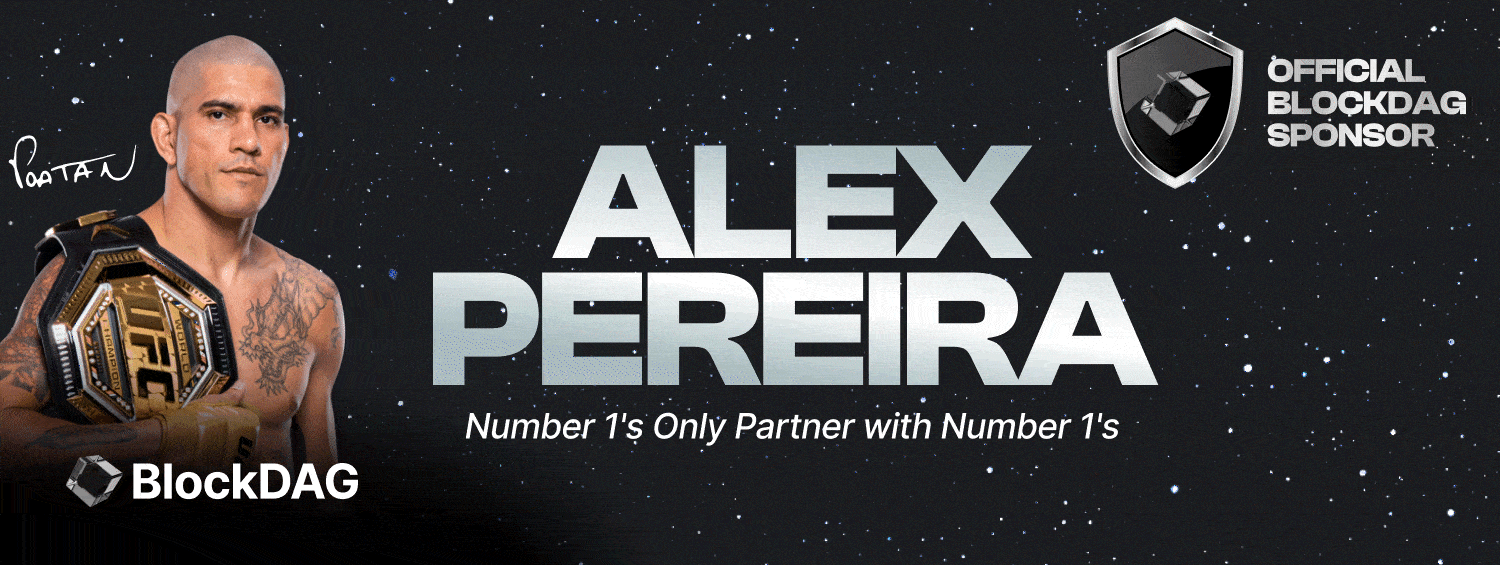
AI is the hottest topic in tech. With its ability to compute massive amounts of information, run simulations in seconds, generate content in the fraction of the time it would take a human, and automate cumbersome tasks to free up personal time, AI is making waves in every industry. What could make it even better? Blockchain.
Understanding AI And Blockchain
AI refers to any technology that allows computers to learn and process data similar to a human brain. This comes down to programming, not superpowers. AI engines are programmed to distill large amounts of data into usable outputs at lightning speed. ChatGPT, Siri, Alexa, chatbots and autonomous vehicles are all examples of AI-powered technology.
Blockchain is a database or ledger that lives on multiple computers across a network. Every transaction that happens on the blockchain is recorded and time-stamped, so anything that happens in the blockchain can be tracked. Blockchain became famous for its role in cryptocurrency exchange, but it is also used for a variety of applications such as decentralized finance, NFTs and smart contracts.
When AI And Blockchain Meet
At present, AI engines are housed on supercomputers, which are then accessed by end users via the internet. But if AI were to be housed on a blockchain, there would be immediate benefits:
1. Blockchian could make AI even faster. AI engines can compute massive amounts of data quickly, but blockchain could make this process even faster. Currently, AI is limited in speed by the power of the supercomputers that host it. In a blockchain model, many computers could be used to digest information, potentially allowing AI engines to create results even more quickly.
2. Blockchain could solve the question of where AI gets its information. One of the biggest problems with AI today is that users cannot see exactly where AI sources the information it uses to generate content. Blockchain could help solve this because it keeps a record of every single transaction made within it. More transparency through recording of AI transactions could lead to a greater understanding of and trust in AI.
3. Blockchain could make AI more secure. It’s terrifying to think of the damage a bad actor with access to AI could do to our world, from fake news stories about election results to deepfake videos of world leaders in compromising positions. As AI is able to generate content and compute data at lightning speed, a hacker could do immeasurable damage in seconds. Blockchain could help to prevent this scenario from coming to fruition. Because the blockchain is decentralized, no one party can control the entire thing, which makes it significantly harder to hack into. While a hacker may be able to get into a node, they cannot access the whole system, limiting the power for destruction.
The Downside Of Storing AI On Blockchain
Privacy concerns are a major contributor to the hesitancy people feel about AI today. Thought leaders are currently debating whether AI can be trusted to keep our most private information safe, from health records to banking information to intellectual property and more. There is good reason for this concern.
Any public AI uses all information it is given as part of its knowledge base, and this knowledge base is used to create new outputs. That means any personal information put into a public AI like ChatGPT may be disseminated out to other users. Private AIs are able to keep information inputs accessible only to authorized users, but security concerns still exist.
Privacy concerns may only be compounded by storing AI on a blockchain, as it no longer is the property of a single party who is responsible for security but is now hosted in multiple locations under the purview of many different computer owners.
Scalability may also be an issue. Blockchain is infamous for its limitations of scale. With more blockchain applications fighting over fewer available computers, performance can struggle and growth can stagnate. This could limit the explosive growth of AI engines or slow them down to sub-par speed.
Also, as a counterpoint to the bullet above, more computers may be able to digest more information faster, but only if the networks they use to communicate with each other are fast. One server that hosts an AI can be faster than transferring data over a slow network among many disparate nodes. In that case, blockchain would hinder AI’s performance instead of enhance it.
An Exciting Time For Tech
The advent of AI and blockchain have transformed our global economy. Put together, there is no limit to what they can accomplish to solve real-world problems and create opportunities for businesses and investors alike.
© forbes


























